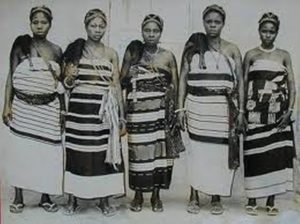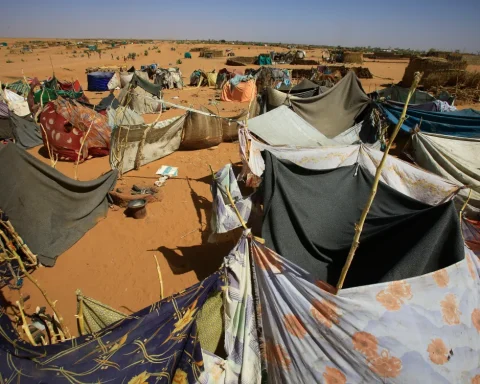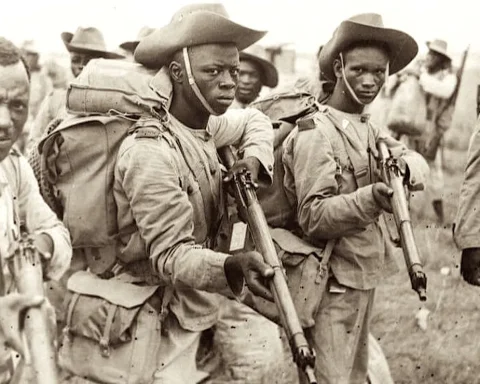
By most accounts of today’s world, the Igbo culture of the West African Niger basin is one of the most progressive, or simply put, egalitarian cultures the world has ever seen.
Starting from its very simplistic and highly inclusive political systems where each community is an autonomous society presided over by the people with noble deeds, old age, youthful vigour and in many instances, takes the collective voices of everyone huddled around a square or the home of a wealthy member, to make a decision that concerns the community.
It will today stand out as a bizarrely progressive culture at a time when most cultures around the world did things differently.
– It lacks any monarchial or strong political structure lording over the people
– Its egalitarian inclusion of women in economic and cultural steering
– Decentralization of power directly to those it affects.
It was a culture by most accounts, awfully outré from the norm.
Understand that the culture of Igbo land explained in this article is still in practice even to this day only that due to the effect of Christianity and western imperialism, it has been eroded from extensive practice as most Igbos adopted Christianity.
There is a certain degree of fluidity in gender centric behaviours within the traditional Igbo socio-cultural landscape, and this is shown in the fluidity of gender expectations demonstrated in practices such as female husbands.
A female husband is a woman who is married to another woman.

This usually happens under the circumstances such as:
1. The father of the said woman had no male child:
The fundamental purpose of a family in Igbo culture is to propagate and perpetuate itself to the point of becoming a clan and, ultimately, a village on its own. Given a circumstance where a man dies without male children that by patrilocal marriage system adopts their father’s name, the female child whom naturally would have married into another family will have to assume the responsibility that is normally expected of a male child, in this case, it falls on this daughter to make sure her father’s linage continues.
She can achieve this through:
a. Becoming nna ga anu: That is, deciding not to marry into another family but remain within her original family to have kids in her father’s name.
b. By marrying other women: she can simply decide not to have the children by herself but to marry other women who are then to take on iko (lovers), get pregnant, and give birth to children. This is possible because, in the Igbo tradition, children are not necessarily owned by blood but by dowry.
The family of a woman whose dowries were not paid owns the children she has outside of marriage.
And even though the wives of the female husband have to consort with men in order to have children, these children belong to the female husband, not to the lovers.
2. Death of a husband: A woman might decide to become a female husband if her husband dies through the course of the marriage and has no children to perpetuate his line. His widow might choose to marry another woman or women as her wives in order to produce children that will carry on her husband’s name.
3. Wealth: Igbo women were traditionally traders. But, within this enterprise, there are some of these women that were exceptional, amassing so much wealth and the influence it bestows to take on the title of Nwaanyị bụ nwoke (A woman that is a man)

These influential women often decide not to marry a man but marry wives of their own to have children (in their father’s name, of course).
It is important to note that a female husband is not referred to as ‘wife’ by the women she marries. They refer to her as ‘husband’ and she holds every traditional obligation expected of a husband like provision and protection.
The idea of same-sex marriage is still in the world today, a highly polarized topic, and many have made this a human right issue. The Igbo culture is highly respectful of individual liberty and agency, many rights which by Christian doctrine are today abhorred were in full practice in ancient Igbo societies.
It is safe to note that there is no evidence that these same-sex marriages between two women had any sexual undertone. Nothing, as much as we know, suggests that these married couples engaged in any sexual activity.





